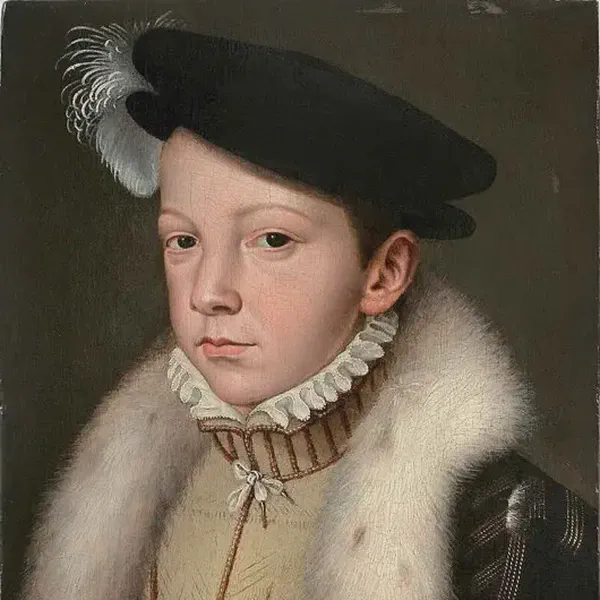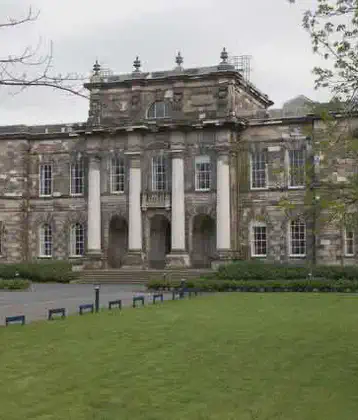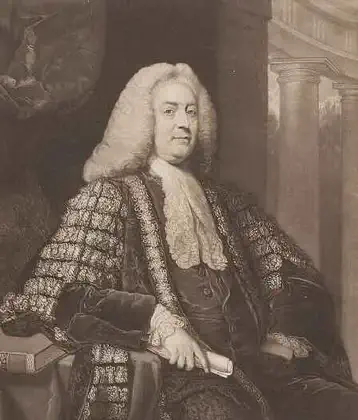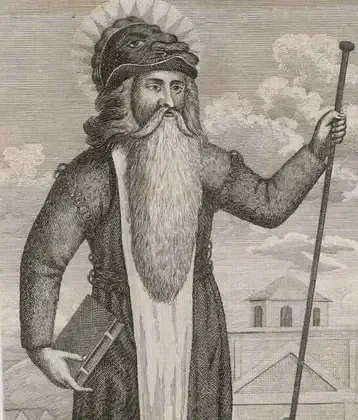On December 05, 1560 in Celtic History
King francis ii of france, husband of mary queen of scots, died.

Francis II (19 January 1544 – 5 December 1560) was King of France from 1559 to 1560. He was also King of Scotland as the husband of Mary, Queen of Scots, from 1558 until his death in 1560.
A little over a year after his marriage, on 10 July 1559, Francis became king at age 15 upon the accidental death of his father Henry II, who had been killed in a jousting accident. His short reign was dominated by the first stirrings of the French Wars of Religion.
Crowned King
On 21 September 1559, Francis II was crowned king in Reims by his wife’s uncle Charles, Cardinal of Lorraine. The crown was so heavy that nobles had to hold it in place for him. The court then moved to the Loire Valley, where the Château de Blois and the surrounding forests were the new king’s home.
Francis II took the sun for his emblem and for his mottoes Spectanda fides (This is how faith should be respected) and Lumen rectis (Light for the righteous).
Although the royal age of majority was 14, his mother, Catherine de’ Medici, entrusted the reins of government to his wife Mary’s uncles from the House of Guise, staunch supporters of the Catholic cause.
Auld Alliance
They were unable to help Catholics in Scotland against the progressing Scottish Reformation, however, and the Auld Alliance was dissolved.
Death
After dying of an ear infection, Francis was succeeded by two of his brothers in turn, both of whom were also unable to reduce tensions between Protestants and Catholics.
Francis II’s reign was marked by religious tensions, particularly the conflicts between Catholics and Huguenots (French Calvinist Protestants), which would escalate into the Wars of Religion in France.
End of the Valois Dynasty
Francis II was part of the House of Valois. His death without a direct heir contributed to the end of the Valois dynasty. His younger brother, Charles IX, succeeded him.
Impact on Mary, Queen of Scots
Following the death of Francis II, Mary, Queen of Scots, returned to Scotland. Her subsequent marriages and the complex political dynamics between England and Scotland played a significant role in the history of the British Isles.
More From This Day

Assemblys College, Belfast, opens for the training of Presbyterian clergy
December 05, 1853


John Atherton, Bishop of Waterford and Lismore, is executed on a charge of immorality
December 05, 1640
